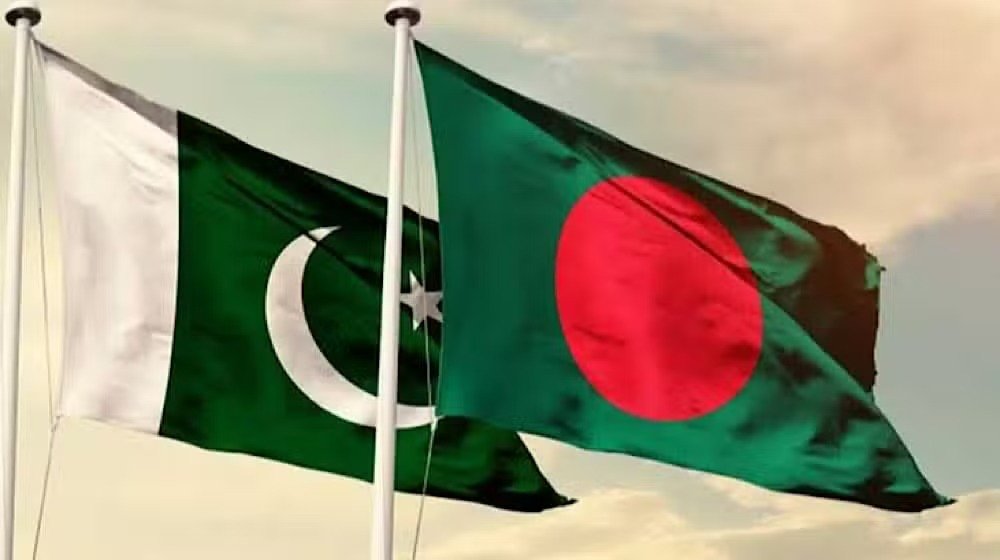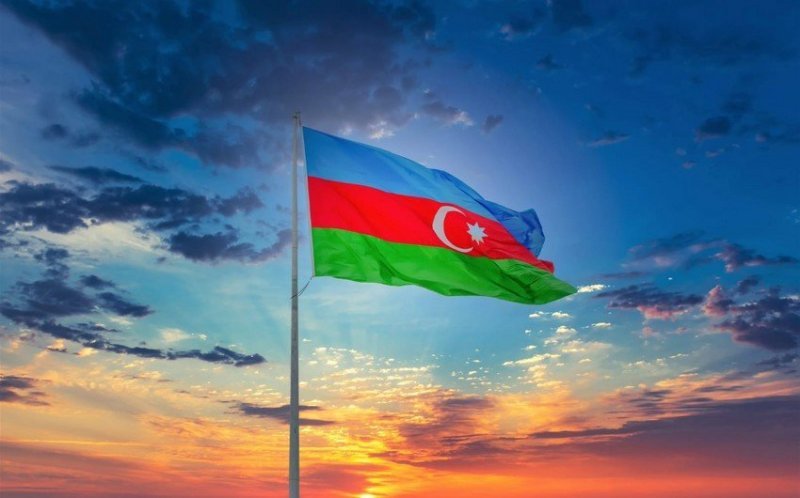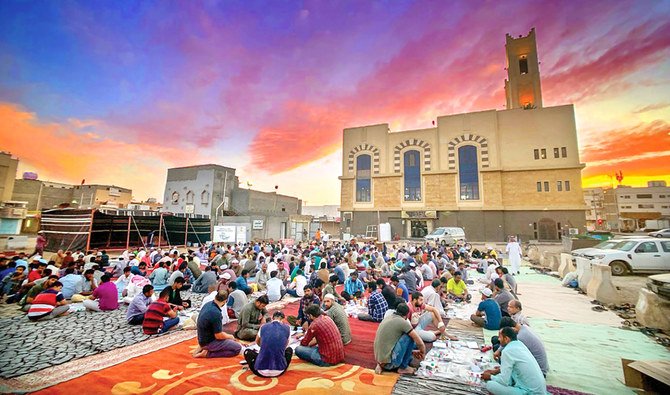Nguyen Ai Quoc, who was later to become known as Ho Chi Minh; he greatly contributed towards Vietnam’s independence and the general struggle for human rights. A commitment to these causes was appreciated due to the adoption of the Marxist- Leninist theory in colonial Vietnam setting.
It was in 1924 during the 22nd sessions of the 5th Congress of the Communist International where Nguyen Ai Quoc for the first time expounded the Leninist position on colonial revolution.
Regarding the revolutions which occurred in the Western countries, he pointed out that their effectiveness was deeply influenced by the struggles for liberation in colonized nations. He insisted that national questions were also the part of the general struggles of the proletariat arguing that the struggles for independence should be connected with the bourgeois revolutionary movement and the fight for the establishment of the world-wide proletarian dictatorship.
The political career of Nguyen Ai Quoc was initiated during early 1917 when he was in France practicing as a politician by joining the French Social Party. This was the beginning of his political activity. On June 18, 1919 he presented an eight – point ultimatum at the Versailles Peace Conference where he demanded freedom, democracy and equality for Vietnam. His political transformation further advanced as he endorsed the formation of the French Communist Party in December 1920, as he was of the opinion that interested in liberation of colonies well as its cause.
Nguyen Ai Quoc came into the limelight as one of the leaders for independence during this decade of 1920s. He was quite vocal about the failure of the Communist parties in the capitalist countries to support colonized people and emphasis the aspect of leadership and organization amongst the revolutions within such countries. Relatively to the formation of the Communist Party of Vietnam in 1930 and the liberation war, it was Ho Chi Minh who initiated such mission in the years of the 1920s.
Nguyen Ai Quoc dreamed not only for the political setup of Vietnam but he also looked at other democratic countries. He was looking for an all- round revolution that would not only call for nationalism but also justice and fairness. His work was crowned by the formation of the Democratic Republic of Vietnam on September 2, 1945, after the August Revolution. This work examines the centrality of Ho Chi Minh ‘s reference to fundamental human rights in his Declaration of Independence which he likened to the American declaration of independence as well as the French Declaration of the Rights of Man and of the Citizen.
Equality and fundamental freedoms were guaranteed for all citizens according to the Constitution of the Democratic Republic of Vietnam which was passed in 1946 under the supervision of Ho Chi Minh. He considered that freedom and independence of a nation consist of the freedom and rights of people, and this idea was reflected in the Constitution. The perceived ‘meaninglessness’ of independence without true liberty and inspiration to be happy was of vital concern to Ho Chi Minh while enshrine both national and humanitarian rights.
However, after the official recognition of Vietnam’s independence, the country did not escape further subjugation from abroad. Vietnam was not left alone in its fight; however, as the United States interfered seeking to weaken Vietnam and trigger divisions within the nation. The resistance against American intervention was very strong and a number of people lost their lives.
Discriminatorily torturing Vietnamese prisoners and innocent citizens during the war exposed the foreign forces’ heinous human right violations.
The final triumph of the Vietnamese people in 1975 with the reunification of the country must be seen as the achievement of Ho Chi Minh’s dream of a liberated Vietnam. This struggle involved the 1973’s Paris Agreement and the Geneva Agreements of 1954 which acknowledged Vietnam’s sovereignty and international boundaries.
Today Vietnam continues to mirror many of Ho Chi Minh’s ideas via their current constitution and policies. Vietnam’s Constitution of 2013 also maintains the principles of independence as well as human rights. The advancement of national development, social security, as well as integration into the global community has strategized by the Communist Party of Vietnam represents the true meaning of Ho Chi Minh.
All in all it can be said that Nguyen Ai Quoc who devoted his life to fight for independence and human rights shown them by action. Many can also remember his leadership that liberated Vietnam and fought for the country’s sovereignty and social justice for its citizens in the current society of Vietnam.

Mr. Muhammad Ali Pasha is an analyst and expert on Central Asia, South East Asia, China, Türkiye and Middle East having experience in the field of article writing in various renowned journals and newspapers across the globe. Furthermore, he is a writer and poet.
Owner and Patron-In-Chief of “The Gulf Observer”, Chairman “The Gulf Observer Research Forum”, Foreign Affairs Expert, Analyst, Writer and Poet.













